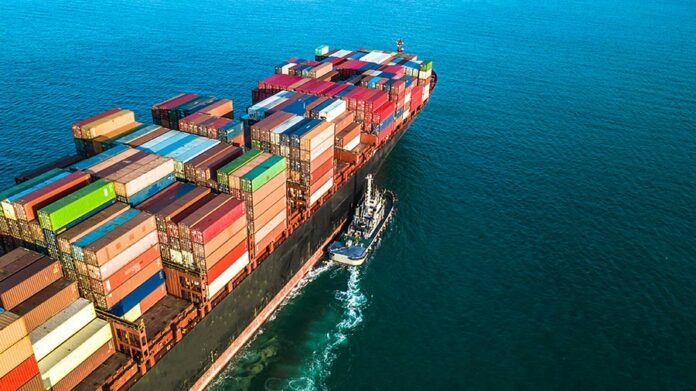When the current FTP was announced, the government declared another scheme with it, MEIS. It merged five different schemes and raised the budgetary allocation for it.
The next five-year foreign trade policy is unlikely to declare any new large programs which involve substantial financial incentives for exporters this time as most of the key schemes are already announced.
Policies such as changes in rules of the special economic zone to make it more investor-friendly may be announced separately.
Unless the present FTP (extended for two years because of the pandemic) is an extension, a new FTP will come into effect on April 1st.
That is a break from the past conventions. In 2015, when the current FTP was released, the government had announced the Merchandise Export from India Scheme (MEIS). It was done by merging five different schemes and sharply raising budgetary allocation.
In the pre-pandemic year, ₹39,097 crores were allocated for exporters under the MEIS. From January 2021 onwards, the scheme is replaced with the Remission of Duties and Taxes on Exported Products (RoDTEP) program.
The government may revamp the Service Exports from India Scheme (SEIS) this year to cover more businesses, especially MSMEs. They might even announce a new program in the FTP to replace it.
It will focus on easing the compliance burden of exporters overhaul various registrations and licensing requirements. It will also bring in a new-age facilitation framework to drive up exports to $1 trillion by FY28 from $400 billion this fiscal.
The government has already earmarked ₹21,340 crores for tax remission schemes for exporters like RoDTEP and RoSCTL in the Budget for FY23. This reduced the scope for any new big program, apart from the one for services exporters.
Commerce and Industries Minister Piyush Goyal has constantly asked the exporters to avoid the aid of subsidies and increase their competitiveness, which would be key to achieving sustainable export growth.
As the FTP is designed in the aftermath of the pandemic, it would stress ensuring India’s greater integration with the global supply chain and reducing its elevated logistics costs. That is to avoid another supply chain crisis affecting the economy.
Atmanirbhar Bharat initiative and commerce industry will make sure to come up with a policy for this sector. Already there is a ministerial-level push to bring down India’s elevated logistics costs as much as five percentage points over the next five years.
The new FTP is coming at a time, when the exports are seeking to take advantage of an industrial resurgence in advanced economies and the government’s trade policy.
Elevated international commodity prices and an increase in domestic manufacturing because of production-linked incentive schemes are expected to brighten export prospects.
But to achieve the $1 trillion target, the government will have to address the usual structural issues.
Follow and connect with us on Facebook, LinkedIn &Twitter

